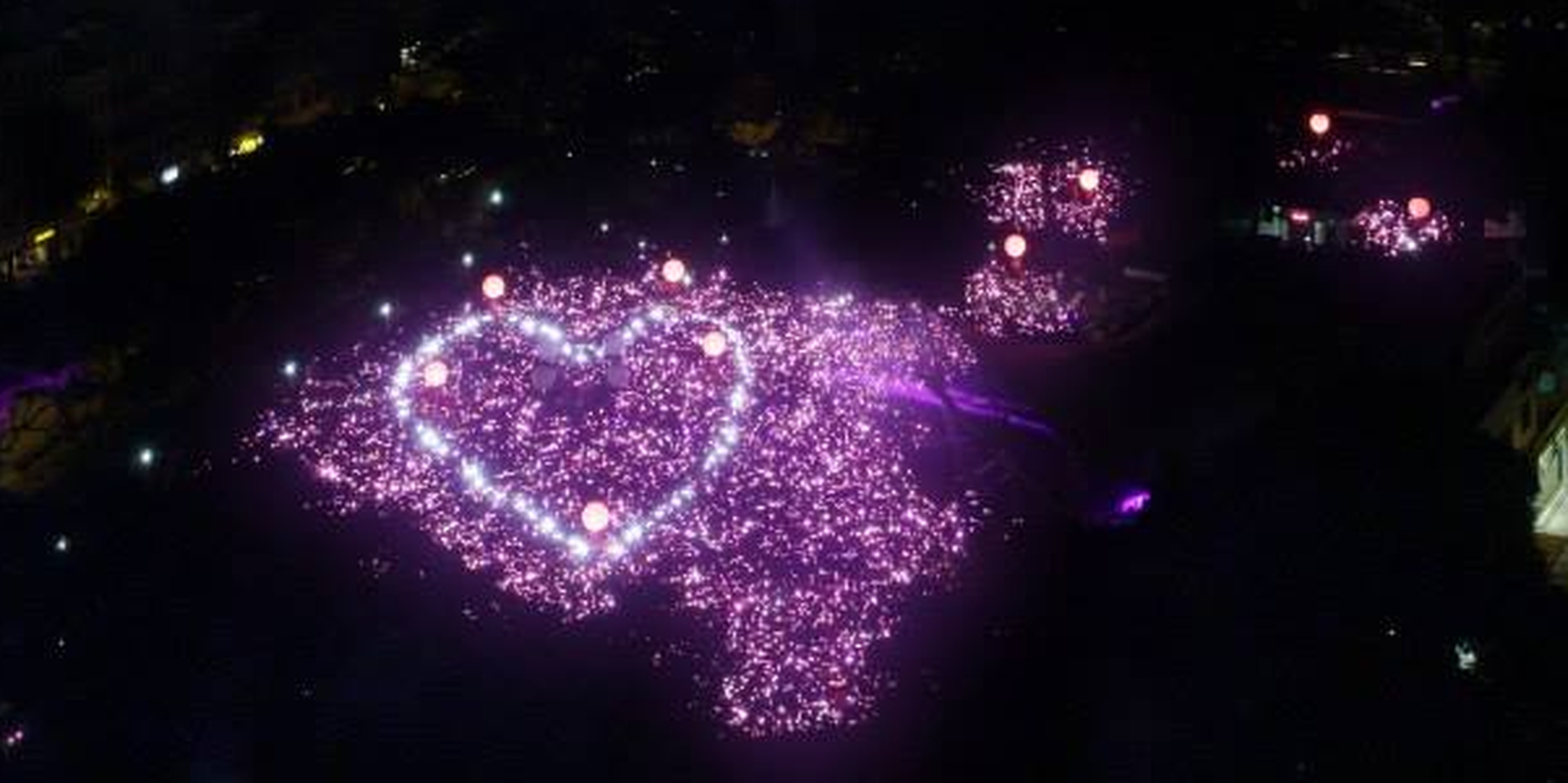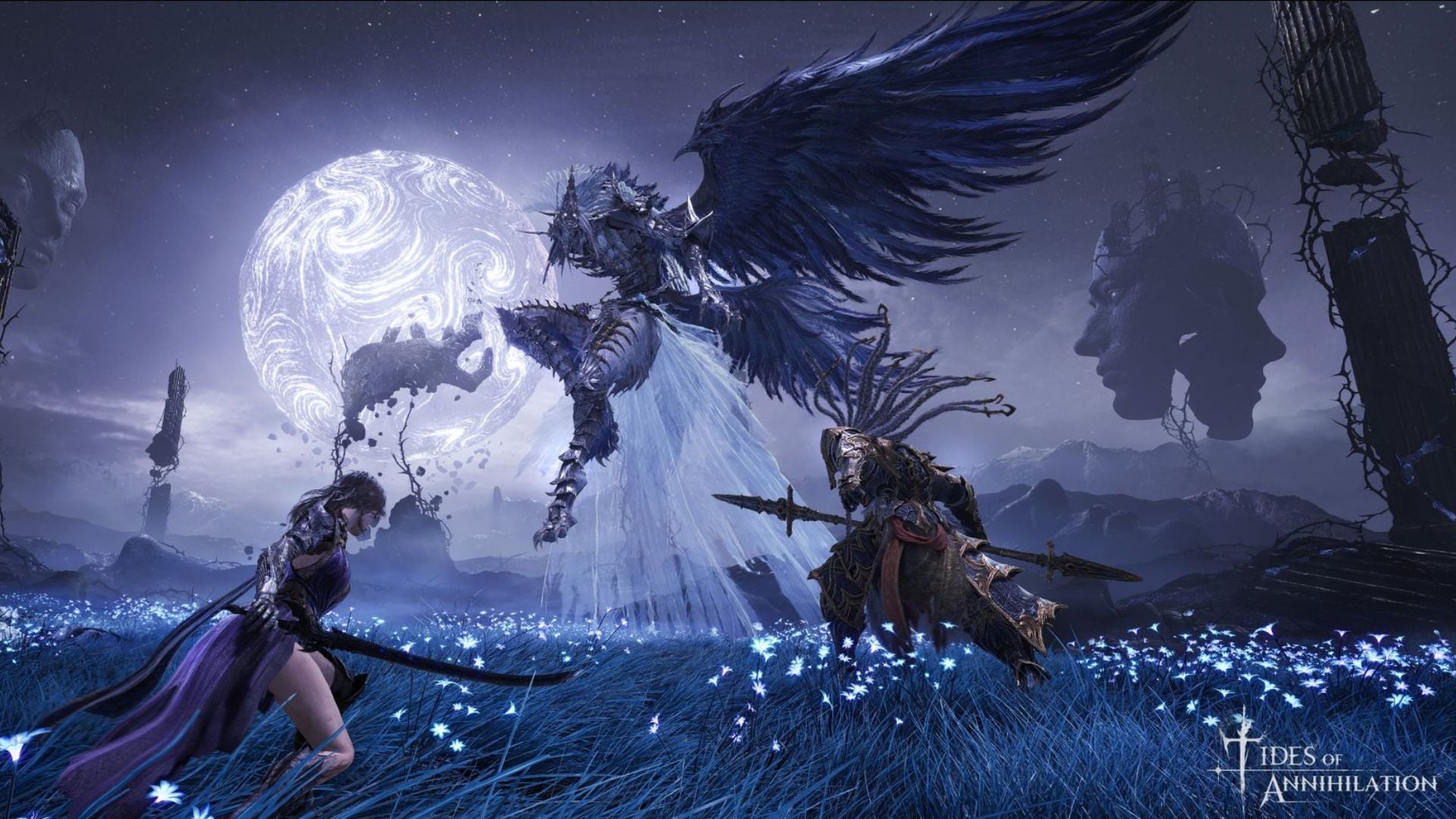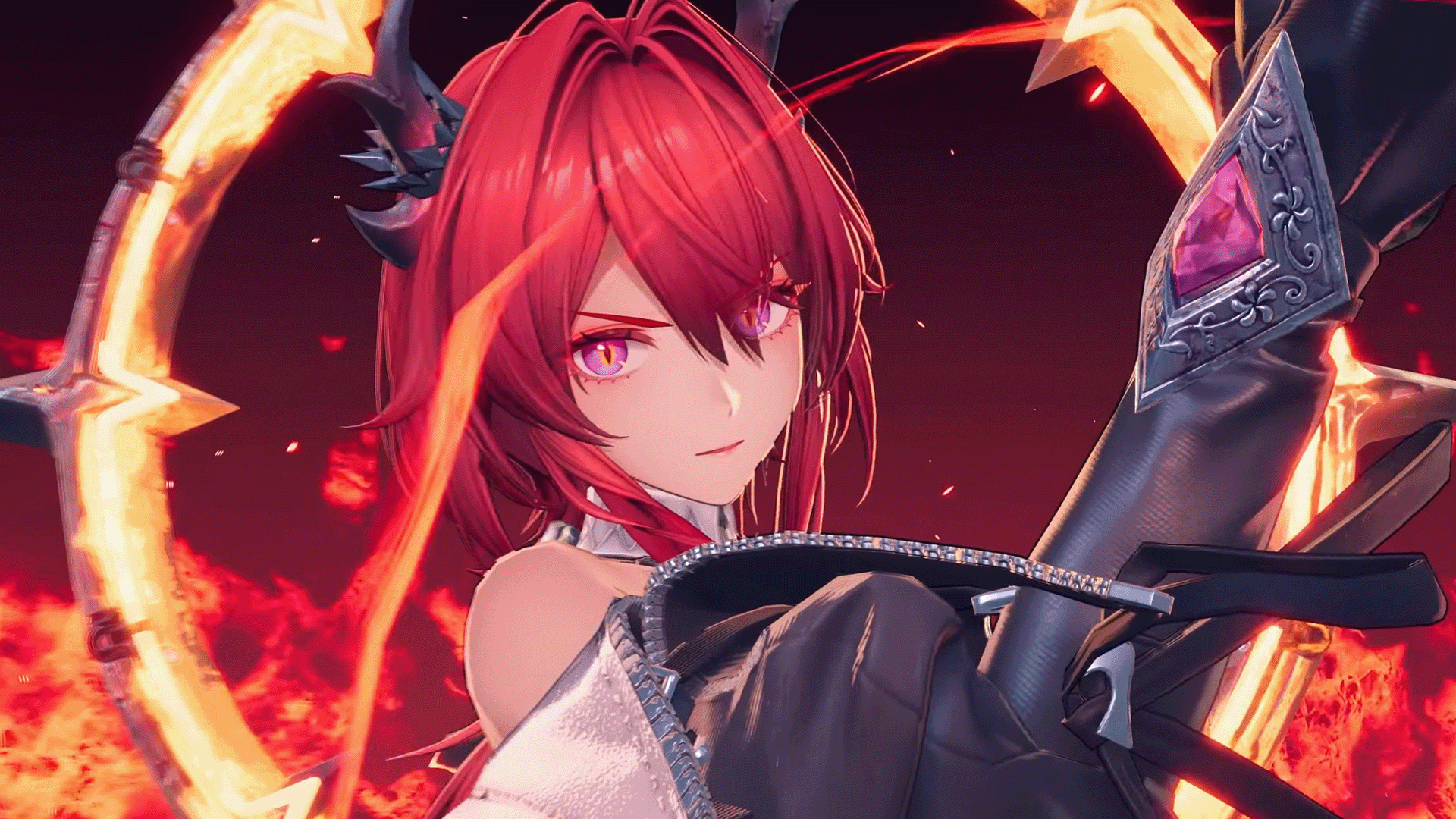In the world of professional gaming, or esports, Riot Games is a leader. The developer’s hit game, League of Legends, broke esports viewership records last fall, when 32 million people tuned in to watch its world championships. Riot runs one of the premier esports leagues in the world, the League Championship Series, with divisions in Europe and North America.
And it also takes a serious stance against bigotry of any kind, meting out serious punishments to players who violate the rules.
This applies whether you’re a lowly bronze tier player or a seasoned professional. Riot’s in-game client periodically provides warnings, flashing this message on the loading screen: “The Tribunal has unanimously decided to punish homophobic and racist slurs.”
So why is the company hosting part of its world finals in a country that outlaws homosexuality?
This September, Riot will hold the group stages for the League of Legends world championships in Singapore, a country where a man faces up to two years in prison just for kissing another man.
“Singapore is basically a conservative society,” Singaporean Prime Minister Lee Hsien Loong told parliament before the vote on the law in 2007.
“The family is the basic building block of this society. And by family in Singapore we mean one man, one woman, marrying, having children and bringing up children within that framework of a stable family unit.”
Longer sentences have been issued—the International Lesbian Gay Bisexual Trans and Intersex Association reports sentences of up to 14 years for those found found guilty of “homosexual acts.” Singapore also classifies homosexuality as a medical problem, under a label known as category 302, which is applied equally to pedophiles. (The laws prescribe no punishments for homosexual women.)
Even North Korea’s criminal code is less severe. That places Singapore at the extreme end of backwards thinking on gay rights.
It’s fair to say that, as Riot planned the continued globalization of League of Legends, promoting LGBT-rights wasn’t a major concern. It does seem, however, something of a glaring oversight given their public proclamations. And it’s a real shame. Riot are leaders in esports, a relatively young industry that has a lot of potential to break free from certain establishment shackles.
Openly gay or transexual players have been participating in esports for years: League of Legends player Tyler “Lautemortis” Nicholls, and StarCraft phenom Sasha “Scarlett” Hostyn, to name a couple.
That’s in spite of the vicious, vocal minority in esports. Gaming is often a hostile environment for LGBT players. The language of gaming itself can be excluding. In first-person shooters and other games, homophobic insults like “f*****” become just another way to describe bad players. And the core esports demographic (white, middle class, young males) has one of the highest frequencies of homophobia.
Wouldn’t it be a powerful message if one of the biggest companies in the industry that it absolutely does not tolerate any regime that discriminates based on sexuality? And the timing in Singapore couldn’t be better, as a grassroots movement has sprouted up over the past six years in an effort to repeal the laws, leading to record crowds at a rally last week—even as Christian and Muslim groups have made a rare show of unity in fighting back against the movement.
There are still 81 countries worldwide that have laws against homosexuality, the penalties for which range from on-the-spot execution (as in Uganda), castration, imprisonment, mutilation, corporal punishment, or—almost mercifully compared to the other penalties—fines. Russia’s much publicized anti-LGBT propaganda law, which was passed a little over a year ago, makes it illegal to talk about or show any positive representations of homosexual relationships in the presence of minors. Of course, it’s perfectly legal to speak negatively about homosexual people to children, to demonize them and terrify young people away from their own sexuality.
Then there’s the myriad prejudicial exceptions that still exist in the U.S. and U.K. Same sex marriage is still banned in 31 states in America at the time of writing, and many churches in the U.K. refuse to perform them, a right the state upholds. Only last decade did Britain repeal Section 28, a particularly grotesque piece of legislation that precluded gay people from being teachers. Even countries with more liberal laws still often treat the LGBT community as second class citizens, expecting them to make the same contributions, without giving them the same fundamental rights.
Which brings us back to League of Legends. There are surely thousands of gay fans who’d like to travel to the event. It’s shame that, if they do, they’d be subject to draconian laws. After all the good work Riot has done in creating a respectful environment, what a terrible final hurdle at which to fall.
In modern business, you stand shoulder-to-shoulder with your partners. Even a seemingly innocuous decision, such as to where to host an event, can have a meaningful effect.
Bringing business to a country that doesn’t protect LGBT rights and, worse, outlaws homosexuality outright, raises questions about Riot’s commitment to its own stated values. Riot have become adept at delivering apologies when it comes to mistakes, mostly because it has become more frequent in recent years. Intentional or not, this latest oversight certainly requires one more.
Photo via pinkdotsg/Facebook












Published: Jul 1, 2014 02:22 pm